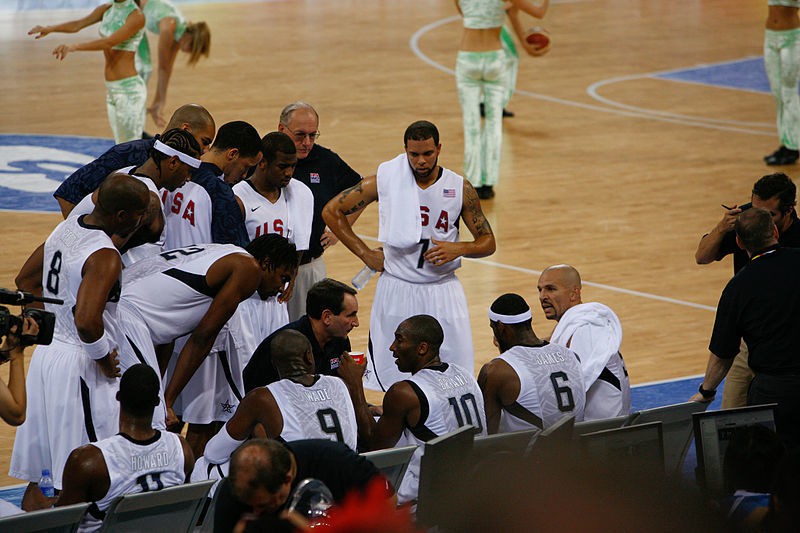With the NCAA Tournament just finishing up on one of the best endings of all time in a championship game, I’ve been thinking a lot about competition and how similar Sales is to sports in so many ways. Practice, preparation and execution make the difference along with working your ass off to make it happen. There is some luck involved, but I personally believe that you make your own luck.
Just ask the kids at Texas A&M. That insane comeback had nothing to do with luck. They didn’t quit when they had every reason to and ended up pulling out what some would call a “miracle” in the end. I don’t consider it a miracle; I consider it the result of hard work and a never-give-up attitude.
An important thing to consider in sales and in sports is when to go on the offense and when to back off and play defense. I’ve never been much of a “prevent defense” player myself and have seen too many examples of teams who have had the lead late in a game end up trying “not to lose” instead of taking the win. Most of the time they end up losing with that approach, which is why I like to play to win most of the time.

One main example of offense versus defense in sales is how we handle objections. For the majority of my career, I reacted to objections as they came up – I played defense. This worked for the basic objections, but whenever there was a real objection I usually struggled and could always think of a better way of handling it after the fact.
I realize the main reason I struggled with objections was because the client was usually coming into the situation prepared with their objections and justifications for them while I wasn’t prepared at all. I usually reacted (defense) and made it up as I went along. Now, I’m much more proactive (offense) with how I handle objections.
The usual suspects
For example, if I were to ask any rep to write down the top 5 objections they get on a regular basis, they would easily be able to. There are really only 5 main approaches or “techniques” on how to handle objections:
- Feel/Felt/Found – “I totally understand how you feel about that, many clients have felt the same way. What they found was after seeing a demo and realizing the value they were able to justify the additional price.” (just don’t actually say the words ‘feel’, ‘felt’, ‘found’ or you’ll sound like an idiot to someone who knows it).
- Reprioritization – “I understand price is an issue but is it more important than the time you’ll get back to focus on other areas?”
- Clarification – “What do you mean you don’t you don’t have budget?”
- Justification – “Let me tell you what you get for that $20,000 and why we charge what we do.”
- Preemptive Strike – “Most companies I speak with get sticker shock when they see the price. Let me tell you why most of them still move forward with us.” (I learned this one by getting drunk in Vegas and accidentally buying a timeshare. You can read more about that one here if you’re interested).
Offense prepped and ready
Now, to go on the offense with objection handling, I write down the objection that I’m expecting to get from a client before I walk into a meeting and come up with the approach that I think is the best way to handle it so I’m ready.
I can also figure out the best approaches to use for common objections by doing some A/B split testing with me and my team. We choose one main objection, develop two different approaches to it and then try both approaches a few times to see which one yields a better response.
The other thing I do to stay on offense with objection handling is to do my homework before walking into a meeting to make sure I know as much as possible about the situation. I try to know their priorities, options, my competition, their competition, certain risk factors, transition costs, etc.
I also come to the table with examples of other clients that were in their situation and made the transition so I can tell a story to help address their concerns. By identifying my main objections, using the different techniques and coming to the meeting prepared with info, I’m much more in control of the situation (offense) and don’t have to react as much (defense).
Defense is an important part of any game, but if you want to win you have to play offense. Make it happen!



